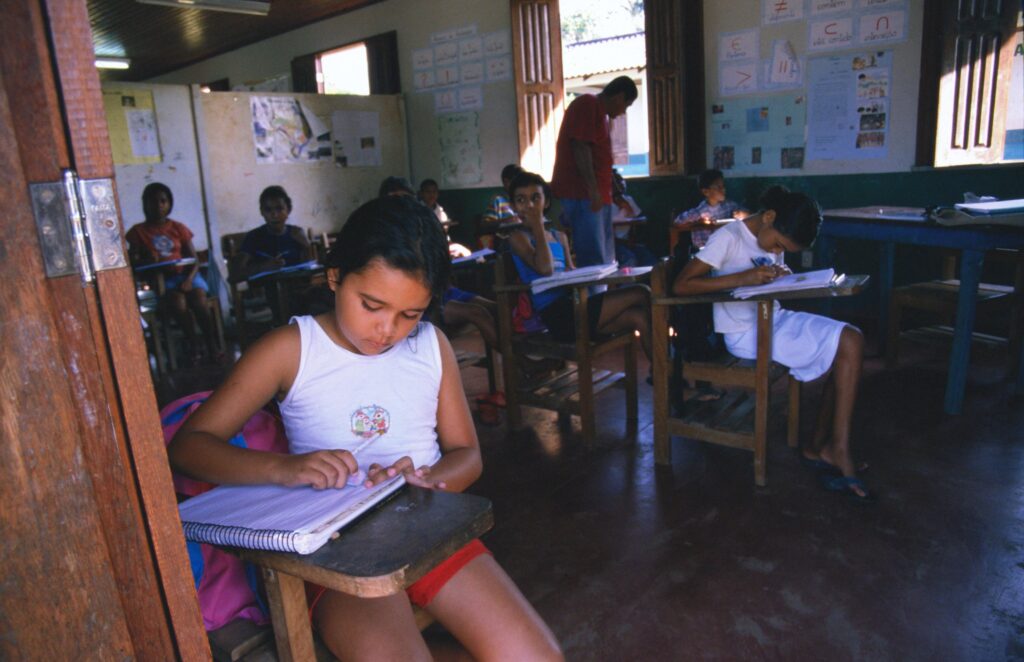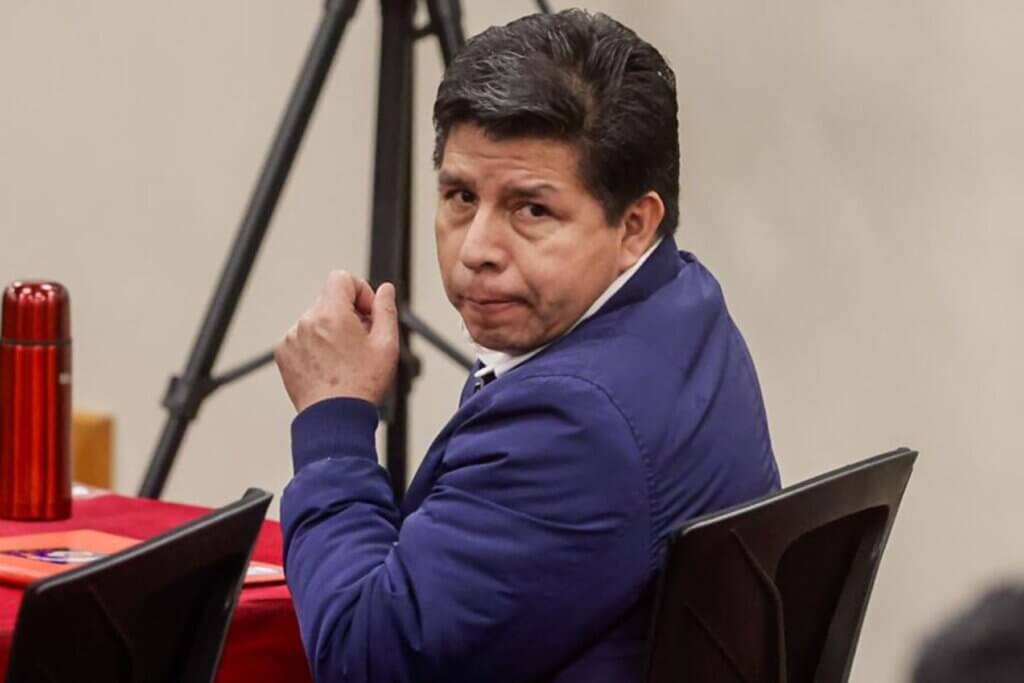Latin America (LATAM), after years of lagging behind other areas of the world in both technology and business, is showing themselves to be the underdog to watch in the international business arena. So much so that Sundar Pichai, CEO of Google and Alphabet, recently announced a five-year, $1.2 billion commitment to LATAM centered on the four areas of digital infrastructure, digital skills, entrepreneurship, and inclusive and sustainable communities.
Outside of these tech giants, there has been a significant uptick of investors willing to place their bets on the region as well, with LATAM the fastest-growing region in the world in terms of venture funding. Last year alone, VC investors spent $19.5 billion on startups, three times more than in 2020.
From a startup praised by Barack Obama to Venezuela’s largest investment round ever, LATAM startups have the talent, and now, the capital, to change the face of the continent.
Latin America Reports compiled a list of promising companies that are not only solving problems facing large numbers of the population, but also are contributing to the region’s economic and social growth. Here are 20 Latin American startups to keep an eye on in 2022.
Cargamos
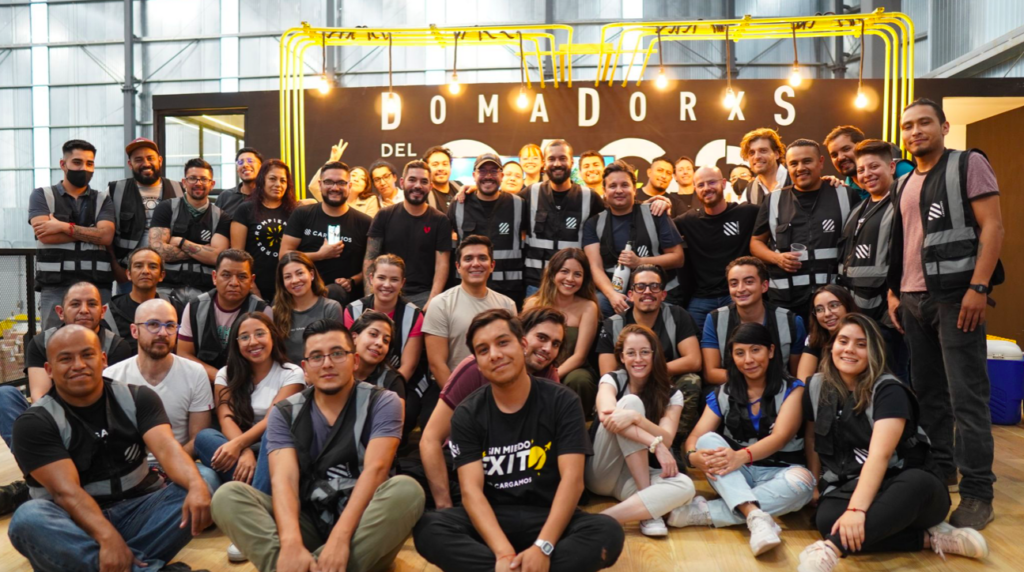
Cargamos is a Mexican company that provides logistics solutions for online businesses in over 75 cities by combining technology and urban infrastructure. It was founded in 2019 by Ivan Ariza, an entrepreneur determined to bring e-commerce to consumers in LATAM who had previously been unable to use it.
Its value proposition is cheaper, greener, and faster deliveries. They accomplish this by repurposing empty spaces that can be converted into urban distribution centers, allowing them to collect, process, and deliver packages in under three hours.
Cargamos works with companies like Walmart, Price Shoes, Mercadolibre, Flexi, and Liverpool, among others. As a result, these businesses can now be closer to their Latin American customers.
Sooper
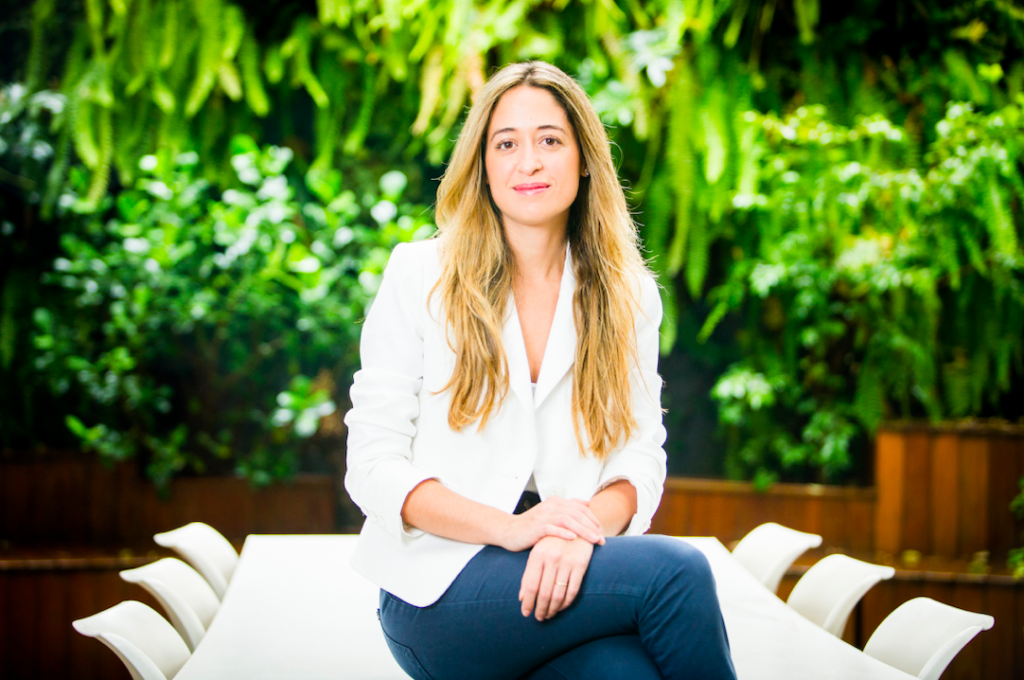
Image courtesy of Bloomberg Linea.
Sooper is a B2B construction marketplace based in Brazil that connects retailers, suppliers, distributors, and manufacturers on a single platform. Rafaela Khouri founded it in 2021 as a one-stop online market for building materials.
Although Brazil has one of the largest construction industries, it is also one of the least digitized, making it inefficient when a customer wants a product unavailable in their local stores.
Sooper has raised $5.7 million in seed funding and plans to use the funds to make it easier for people to renovate or build their homes. Customers can receive the desired product the next day of the order by being connected to suppliers and over 15,000 catalog items.
Reworth
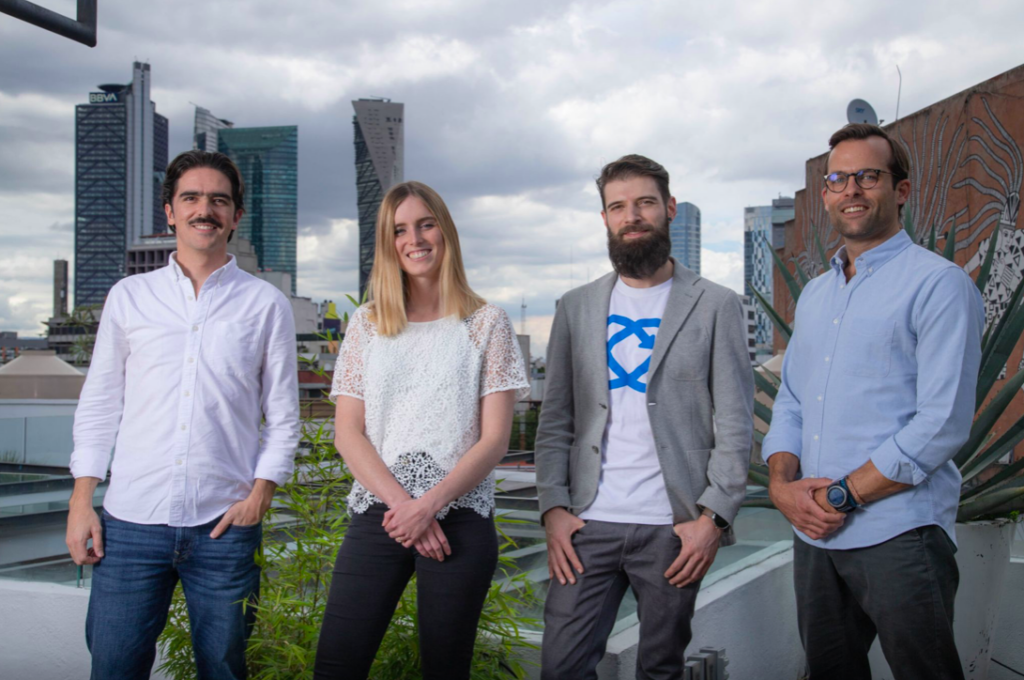
Image courtesy of LinkedIn.
Emerging businesses may find it difficult to differentiate themselves in a crowded marketplace. That is why providing incentives that attract new customers and build loyalty among existing ones is crucial.
Keeping this in mind, Joaquin González, Chiara Sheldon, John Falcón, and Raphael Kappele founded the Mexican startup Reworth in 2020. Reworth is a platform that uses cashback reward systems to empower businesses by redefining their relationship with customers. It also uses machine learning to find the ideal buyer based on the product or service offered.
Customers benefit from cashback, and businesses benefit from increased exposure, higher conversion, and client data. It does not charge vendors any commission because the cashback gets deducted from the established budget.
Actipulse Neuroscience

Image courtesy of LinkedIn.
Actipulse Neuroscience is a neuro-tech company based in Mexico and Boston, US, that specializes in non-invasive brain stimulation technology employing high-frequency magnetic pulses that target multiple well known, but neglected pathogenic mechanisms in neurodegenerative disorders.
This technology is used in hospitals to treat depression disorder, tobacco addiction, and Alzheimer’s disease. It isn’t however prevalent in at home care.
Actipulse, on the other hand, wants to make this treatment possible from the comfort of one’s own home. The company is focused on leading world class research with a particular emphasis on respecting the highest clinical and ethical standards.
Adrien Chatillon, co-founder, and CEO of Actipulse Neuroscience says his goal is to democratize access to better and more affordable mental health therapy.
Adrien began this project in 2007 after launching two other businesses in his native France and shifted the focus to treating patients in LATAM.
Kavak.com
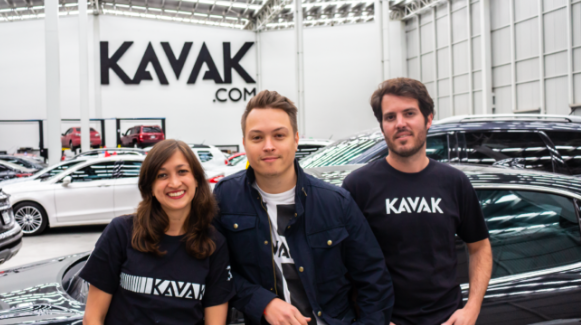
Image courtesy of Kaszek
A person who wants to buy a used car in LATAM may come across various scams. That is why Kavak.com provides reasonable prices, a warranty, and a wide range of options for anyone looking to buy a car in Mexico, Argentina, or Brazil.
With a valuation of $8.7 billion, this Mexican unicorn is the second largest startup in LATAM and one of the fastest-growing technology companies.
Carlos Garcia, the company’s CEO, had a challenging experience selling his car and buying a used one in Mexico, so he decided to start Kavak.com with the help of his sister Loreanne Garcia and Roger Laughlin. One of the reasons for their success is that they started a business in a digital environment used to traditional ways of buying cars.
Morado

Morado aims to transform the beauty industry by addressing a specific issue: providing a delivery service for beauty products to businesses and hairdressers in remote areas of LATAM countries.
Morado operates through warehouses in Colombia, – and soon Mexico – from which clients can order and receive same-day or next-day delivery anywhere in the country.
With just over 100 days in operation, Angela Maria Acosta started this project after working at Rappi from the early days. Morado has recently raised $5 million in a pre-seed round from a group of global investors.
Filadd
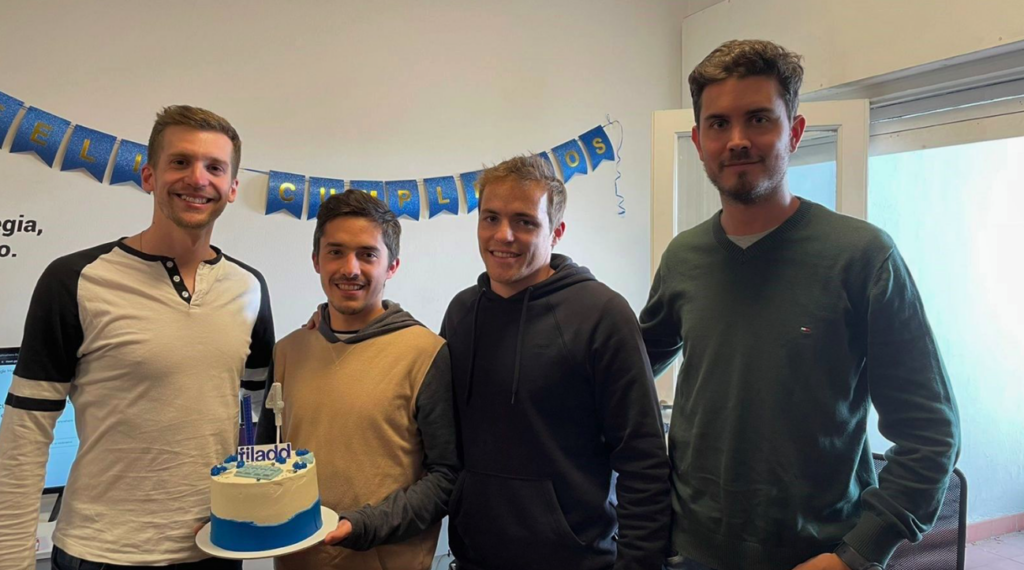
Filadd is a web platform and mobile app that helps pre-university and university students improve their education by providing virtual courses with specialized teachers in a variety of academic subjects.
They provide complete online access to study material, summaries, notes, comments, and model exams that help young people in the region learn and prepare for admission exams to higher education.
This project was founded in 2017 by Argentinians Joaquin Olmedo, Nicolás Ferrer, Agustin Trombotto, and Guillermo Bruchmann and now has over one million users in Argentina, Chile, Colombia, and Brazil. It is also a part of the startup accelerator Y Combinator.
Kiwibot
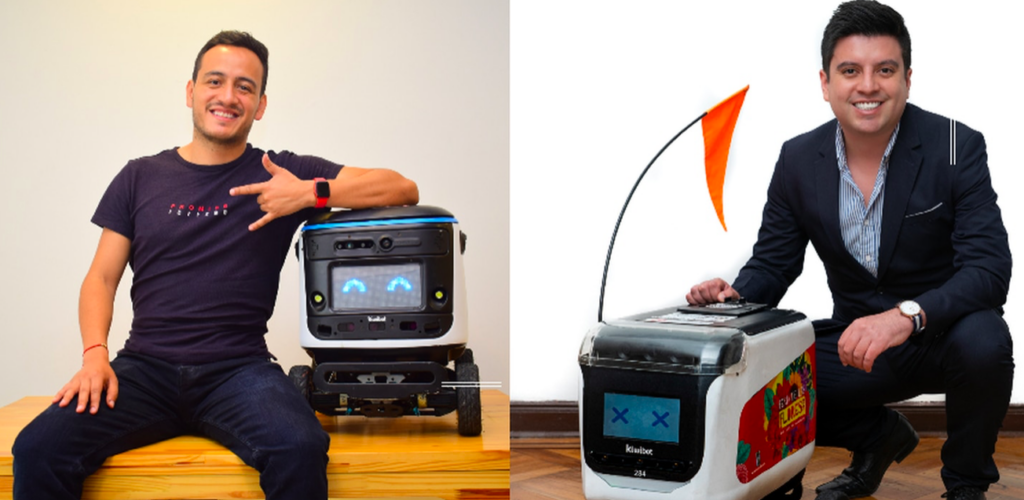
Kiwibot is a company that is bringing the future of food delivery to life by using a friendly semi-autonomous robot. Felipe Chávez and Sergio Pachón are the founders of this Colombian startup, which has made over 150,000 deliveries since its start in 2017 and plans to close in 2022 with over 1,200 robots built.
Often it is not worth delivering a small product – such as a burrito, in a car. Kiwibot’s deliveries bear zero carbon emissions, reducing CO2 footprint, making this service as clean and sustainable as possible.
These robots are currently on the streets of Colombia, the United States, Dubai, Peru, and Taiwan, among other places. It is continuing its conquest to innovate in the global last-mile delivery market.
Kushki
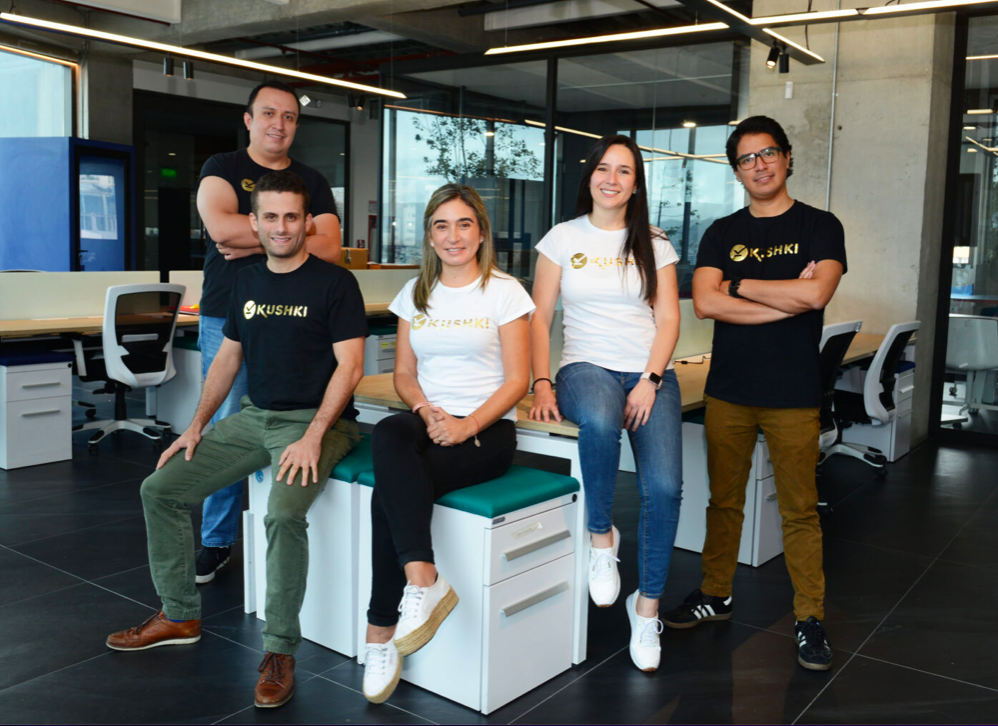
Image courtesy of Startupslatam.
Kushki is a platform that optimizes online transactions and accepts multiple payment methods across LATAM countries. It is also the only unicorn in Ecuador and the most recent in the region, having raised a total of $194 million in a Series B funding extension.
Daniela Espinosa, Aron Schwarzkopf, Madeleine Clavijo Verjel, Sebastian Castro, and Jose Santacruz founded this company in 2017. Its main goal is to provide a service that allows digital payments in LATAM, where cash is still widely used and most people are unbanked.
The funds raised will modernize the platform’s financial infrastructure, facilitating cross-border transactions and allowing more consumers to make online payments. This digital transformation is critical for the economic growth of Latin American countries.
QuitoAndar
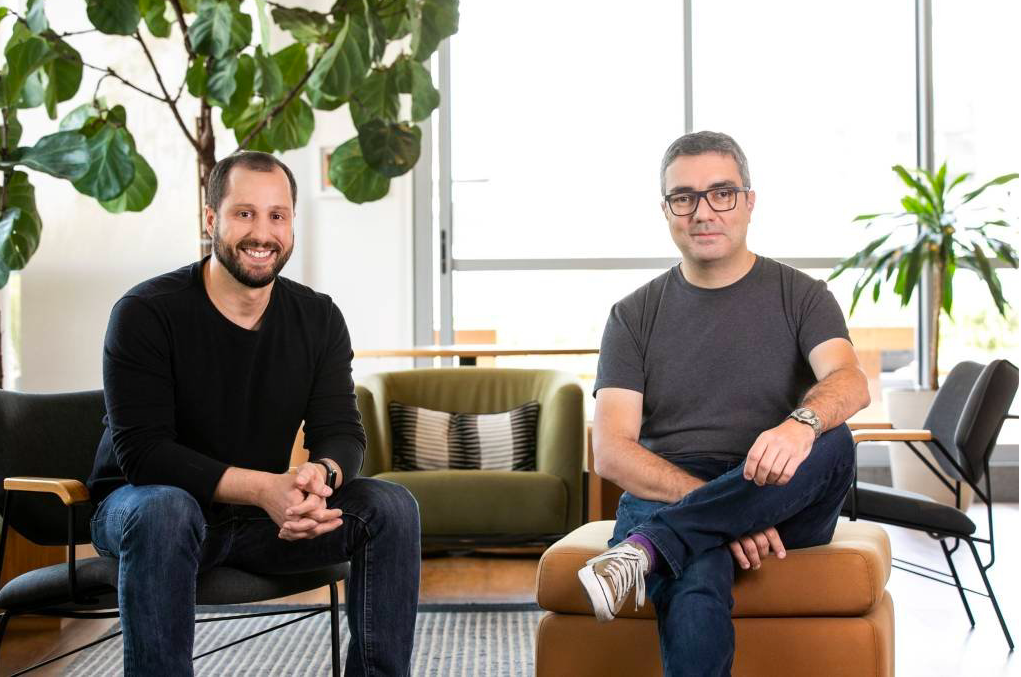
QuintoAndar, which translates from Portuguese as “fifth floor,” is a Brazilian unicorn founded in 2012 by Gabriel Braga and Andre Penha that simplifies the entire process for those looking to rent, sell, or buy a home in Brazil.
The tenant finds a secure process by obtaining clear information about the costs and deadlines that must be met, as well as a real estate agent who will accompany them throughout the search. The landlord knows more about the people who will rent the property, whereas QuintoAndar guarantees timely rent payment.
This company announced the acquisition of Navent Group’s real estate branch, which operates in Mexico, Brazil, Argentina, Ecuador, Panama, and Peru. As a result, it will begin operating in Mexico in the coming months under the startup Benvi. It is their first incursion outside of Brazil.
Source Meridian

Source Meridian is a software development company founded by Michael Hoey focused on healthcare and life sciences technologies to develop innovative solutions that help customers scale their businesses.
The company has three offices in Colombia and two in the United States.
Their software engineers and data scientists use big data technology to analyze existing content models and business processes to create new products and more revenue streams for their customers.
They have a customer-focused approach, founder and CEO Michael Hoey even says: “Take care of your customers, take care of your people, and the rest will take care of itself.”
At Source Meridian, they want to keep their customers at the forefront of the industry using tomorrow’s technology.
Dinie
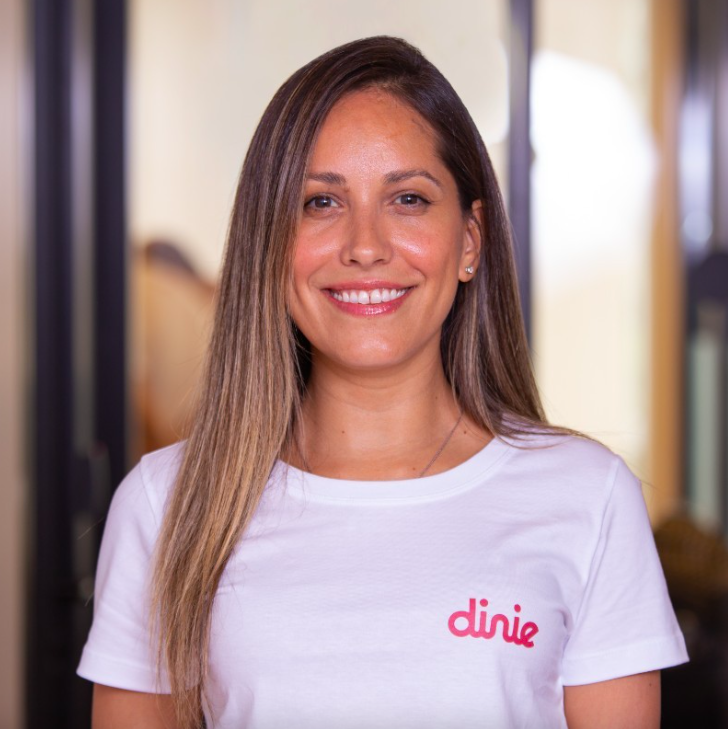
Dinie is a lending infrastructure embedded in digital platforms that offer financial solutions to small businesses in Brazil.
Suzy Ferreira and Andrea Burattini founded the company in 2019 to increase access to financial services and economic inclusion for the country’s small entrepreneurs.
This fintech has raised $23 million in funding from international and domestic investors to date.
It strives to facilitate access to innovative capital solutions and guarantee credit payment methods.
Payment flexibility is crucial to the growth of small businesses, particularly in the aftermath of the pandemic, since it allows them to finance their businesses efficiently and transparently, paying only for what they use.
In addition to being a founder, Suzy is also an investor in many startup companies including ed-tech The Profs as well as Black and White Capital, a venture building and management consultancy based in London.
Octobot
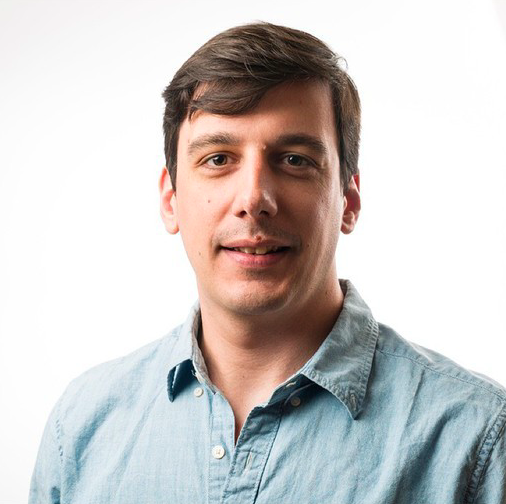
Following the pandemic, technology and web development companies have seen exponential growth.
What’s more, digitization has become a key differentiator for small businesses.
Octobot’s mission is to transform people’s digital experiences by providing user experience design, software development, scalable technology, and guidance to all ventures seeking to remain relevant in this era.
This Uruguayan startup was founded in 2012 by Luciano Ferrari, Juan Saavedra, and Guillermo Perez and now serves a variety of industries, including healthcare, retail, government, and fintech.
The company has already worked on 150+ projects for entities across the board—from startups, governments, nonprofits, to established companies.
Laboratoria
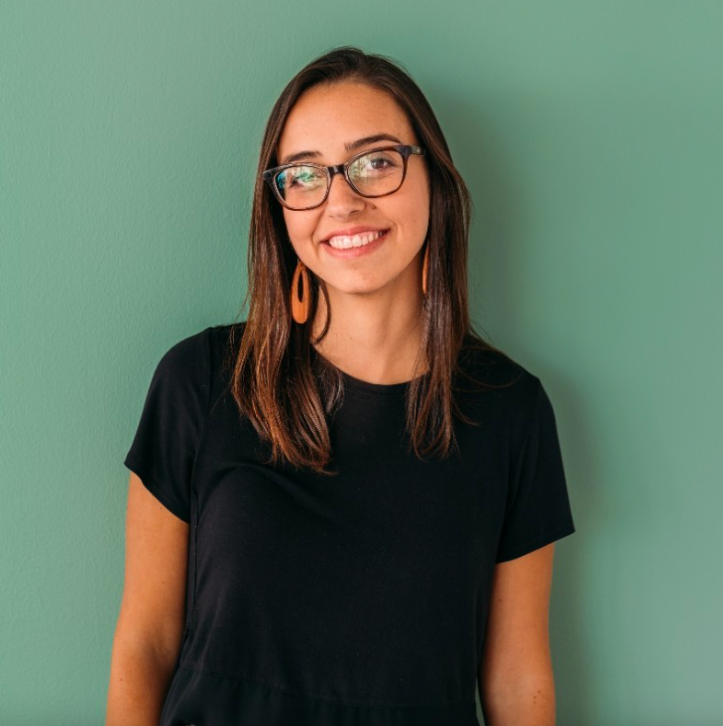
When Peruvian Mariana Costa founded Laboratoria in 2014, she had no idea it would change the lives of thousands of Latin American women.
Laboratoria is a startup that provides free online boot camps to women interested in learning Web Development and UX Design.
The organization empowers women who have not yet begun a professional life, teaches them all the skills required for the modern workplace, and connects them with quality companies after completing their studies.
As a result, more than 83% of its graduates find jobs in technology in less than six months.
The startup has seen great success, with today’s leaders, including Barack Obama and Mark Zuckerberg, praising Mariana Costa and her efforts.
She has recently been named one of the 100 Global Tech Changemakers in recognition of her social impact on women of diverse backgrounds.
Polymath Ventures
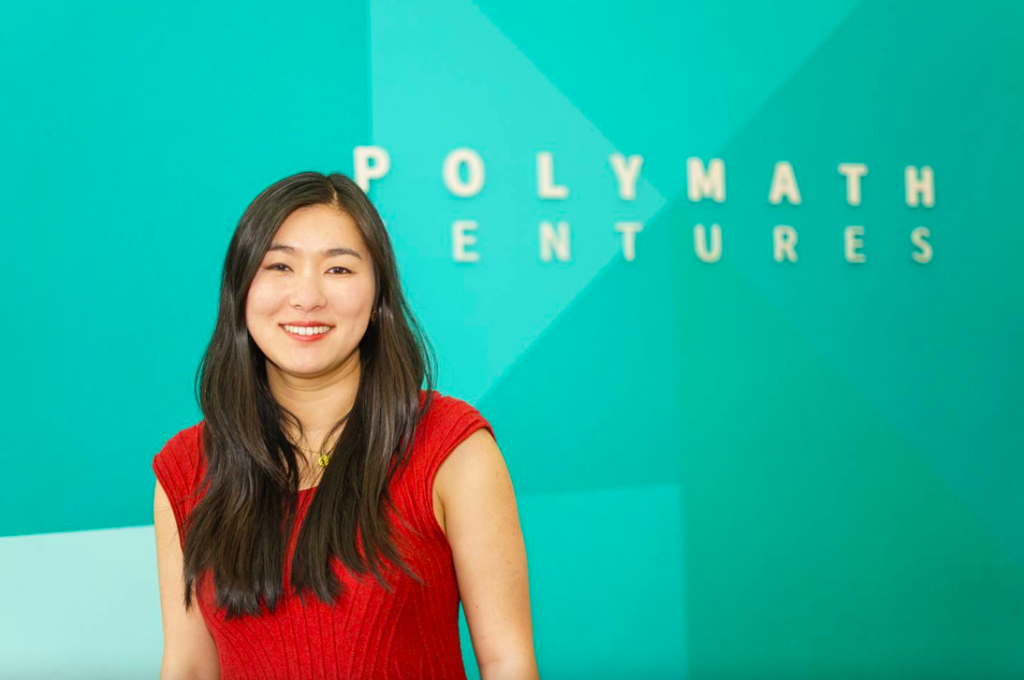
Image courtesy of LinkedIn.
LATAM’s growth can be largely attributed to digital transformation and ripe employment, and social opportunities. When the talent-capital gap is bridged, particularly in the middle class, digital projects that provide solutions to local problems can start moving forward, generating social and economic momentum.
Polymath is the regional pioneer of the Venture Studio model, betting on scaling innovative ideas that seek to solve problems in the Latin American middle class.
Tini Salud is one of the success stories. This online platform aims to solve problems in Mexico’s public and private health sectors by providing high-quality medical care for middle-class patients and allowing customers to access surgeries. Tini recently received $700,000 in a pre-seed funding round led by Polymath.
Wenyi Cai and Carlos Fernandez founded this company in 2011. It now has offices in Mexico and China and headquarters in Colombia.
Pandas
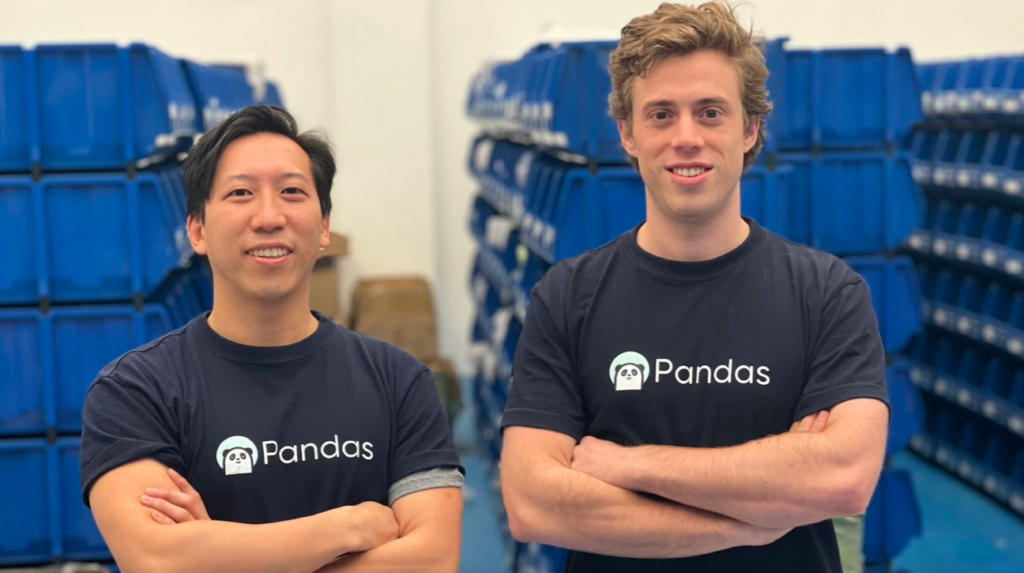
Image courtesy of TechCrunch.
Marcos Esterli and Rio Xin founded Pandas to connect LATAM retailers with manufacturers of high-quality Asian products. Their B2B platform enables small technology retailers to reach digital growth while optimizing their supply chain.
Pandas began operations with a pre-seed investment round of $6.3 million, the highest in the region’s history in this category.
The business opportunity could be huge as they deal with a target audience operating informally and inefficiently in Latin American neighborhoods.
Prometeo
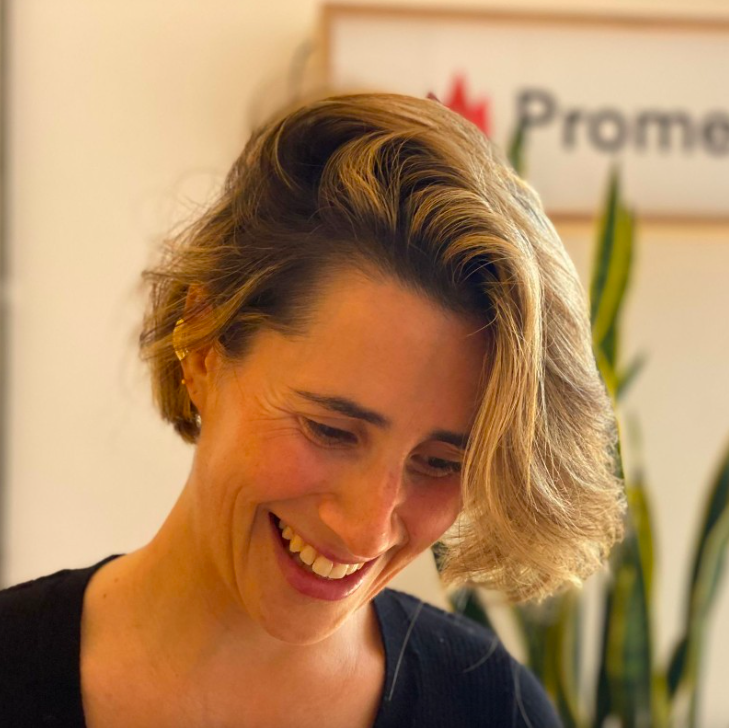
Ximena Aleman noticed that data was still the sole property of financial institutions, so together with her partners, Rodrigo Tumaián and Eduardo Veiga, they set out a mission to democratize data so it could be securely shared.
With this in mind, the startup Prometeo was founded in 2018 and is now the largest Open Banking platform in LATAM.
Prometeo is the largest Open Banking platform in all of Latin America. The company has over 108 API connections and can access banking data from 36 financial institutions in 10 countries via a single access point.
Prometeo is great for credit checks, centralized bill payments, e-wallets, and payment tracking.
The startup can facilitate fintech to scale because, by having their users’ banking information, they can create digital and customized processes based on accurate information.
Sajú
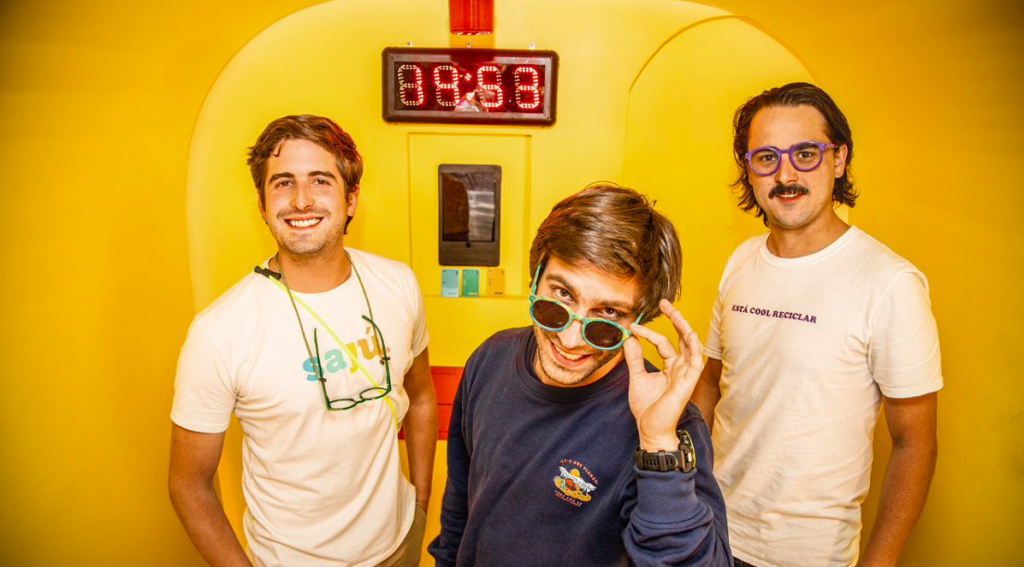
Sajú is a retail company that creates colorful, one-of-a-kind, and sustainable “accessories for accessories.” Santiago Puentes, Juan Manuel Agudelo, and Juan Pablo Pradilla founded the brand in Colombia in 2016. They began selling colorful sunglass straps, a concept they had seen in Europe but not Colombia.
They now have over 100 references, two stores of their own, more than 70 stores that distribute nationally, and 30 that distribute internationally.
However, they wanted to create something unique, so they launched the Sajú Experience, the world’s first store where customers can bring in plastic waste or take the store’s own debris and get 100% recycled glasses in just 20 minutes.
Along with this launch, they released a collection of 50 non-fungible tokens (NFTs) based on the design of their new store, which sold out in three hours and raised $2,500, so they do not rule out the possibility of it becoming a source of funding in the future.
Habi
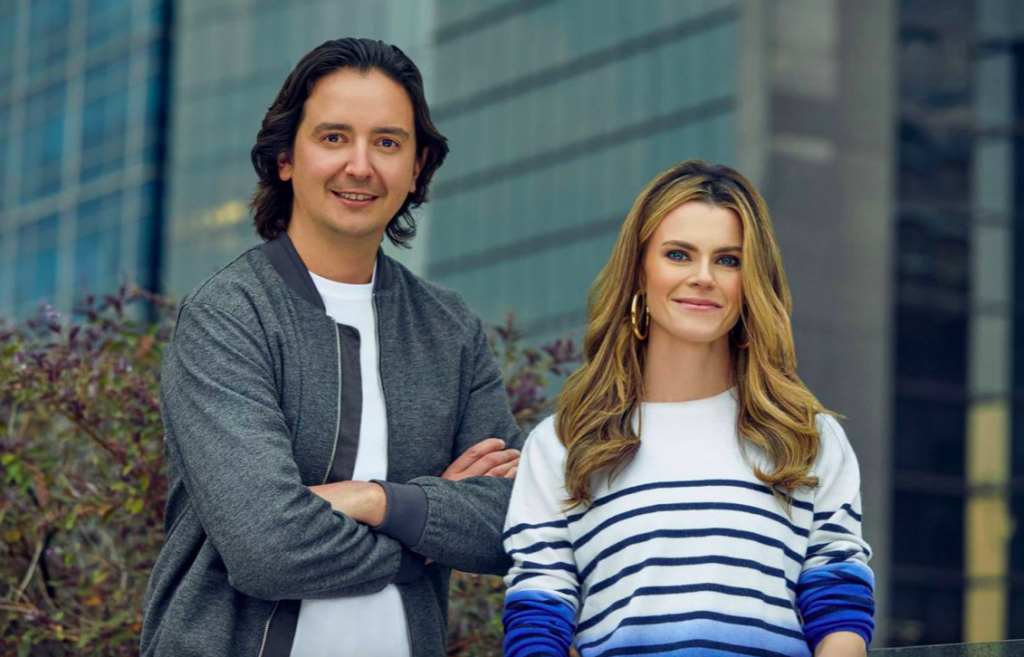
Habi became Colombia’s second unicorn in May 2022, thanks to a $200 million Series C investment round.
This real estate technology startup allows buyers to sell their homes online and receive a payment within 10 days. Customers can also get an estimate of their property’s value and assistance obtaining mortgage loans.
It was founded in 2019 by Brynne McNulty and Sebastian Noguera in response to the long and complex process of buying and selling homes in Latin America, which can take up to a year and a half.
Habi advances an experience that combines technological innovation with the assistance of industry experts to ensure that the processes are handled in a transparent, secure, and seamless way.
Chiper
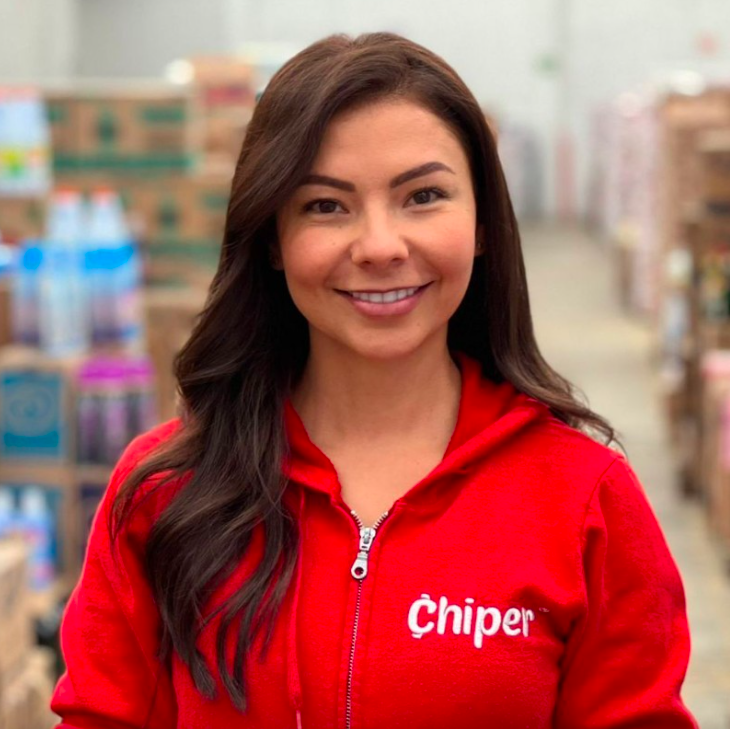
Chiper is a B2B e-commerce platform for the LATAM retail market. Carolina García, José Jair Bonilla, and Óscar Sarria Guerrero founded it in 2018 to supply products at the best prices to Latin America’s approximately 3.7 million neighborhood stores.
Surprisingly, this market’s business has not changed much in the last century.
However, digital transformation can ensure growth and demand in the Latino industry.
Neighborhood operators work with a variety of suppliers to supply their stores, and they may even travel short distances to obtain products.
Chiper aims to simplify the supply chain by offering over 3,000 best-selling brands at the most competitive market prices, with next-day delivery.
Honorable Mention: Yummy
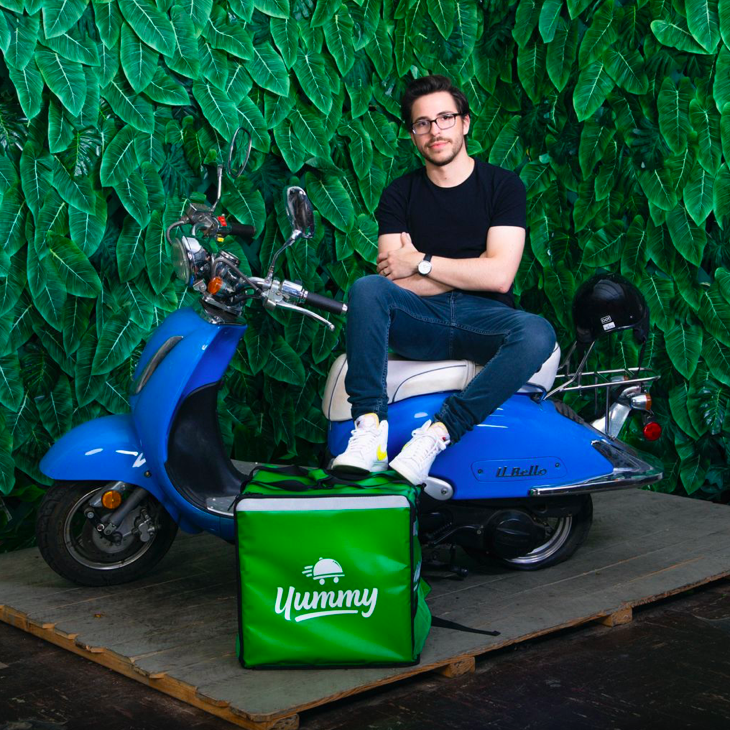
Yummy is a food delivery platform that debuted in 2020. Since then it has evolved into a super-app containing a wide range of services, including the ability to purchase in restaurants, pharmacies, supermarkets, transportation services, fashion, electronics, and more.
Vicente Zavarce, a Venezuelan who worked as a director of user acquisition for American companies such as Postmates and Getaround, states that he wanted to create a super app for Venezuela because delivery services such as Uber and Rappi did not exist in the country.
However, he was told it would be impossible because no company or investors would be willing to work in such difficult territory. Nevertheless, he has proven them wrong, as Yummy received $18 million in funding last October, the most significant investment round ever for a Venezuelan startup.
They were only recently surpassed by themselves with a new investment round of $47 million to continue expanding their “Dark stores” throughout LATAM.
Latin America is clearly in the midst of a paradigm shift, with innovative startups disrupting everything from e-commerce to healthcare—helping to positively impact both the region’s economic and social sectors. With a bright future for the region starting to build itself through these innovative companies, there is sure to be many new promising projects launched in the years to come.
Disclosure: This article mentions clients of an Espacio portfolio company.



